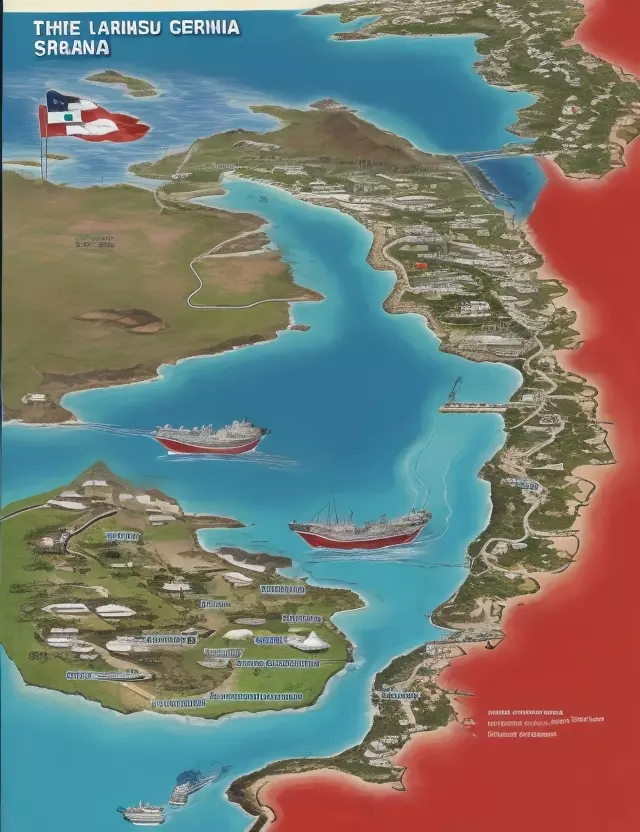Operation Urgent Fury: The U.S. and Caribbean Invasion of Grenada
A Complex Military Intervention in the Caribbean

On October 23, 1983, the United States, with the support of Caribbean allies, launched Operation Urgent Fury, a military invasion of the small island nation of Grenada. This complex operation had significant political and military implications and remains a subject of historical discussion.
Grenada and Political Unrest
Grenada, a small island in the Caribbean, had been experiencing political turmoil. The ruling government, led by Prime Minister Maurice Bishop, was divided, and the island faced internal strife.
A Divisive Coup
In October 1983, a coup within the Grenadian government led to the execution of Prime Minister Bishop. This event raised concerns and led to a call for intervention by the United States and other Caribbean nations.
Operation Urgent Fury Begins
Operation Urgent Fury was launched on October 23, 1983, with the primary objectives of restoring order and rescuing American citizens living in Grenada.
International Controversy
The operation generated international controversy. The United States faced criticism for its intervention in Grenada, particularly from countries that viewed it as an infringement on Grenada's sovereignty.
Success of the Operation
Operation Urgent Fury achieved its objectives, resulting in the removal of the coup leaders, restoration of order, and the establishment of a new government in Grenada. American citizens were also safely evacuated.
Geopolitical Implications
The operation had geopolitical implications, as it was seen by some as a demonstration of U.S. resolve in the Caribbean and a response to perceived threats from communist influences in the region.
Long-Term Impact
The invasion of Grenada underscored the complexities of military interventions and the challenges of balancing the principles of sovereignty and the responsibility to protect. It had lasting effects on U.S. foreign policy in the region.
Operation Urgent Fury, launched on October 23, 1983, was a significant event in the Caribbean, illustrating the intricate nature of international interventions and the challenges of balancing sovereignty and the responsibility to maintain stability and protect citizens. It remains a subject of historical debate and analysis.



